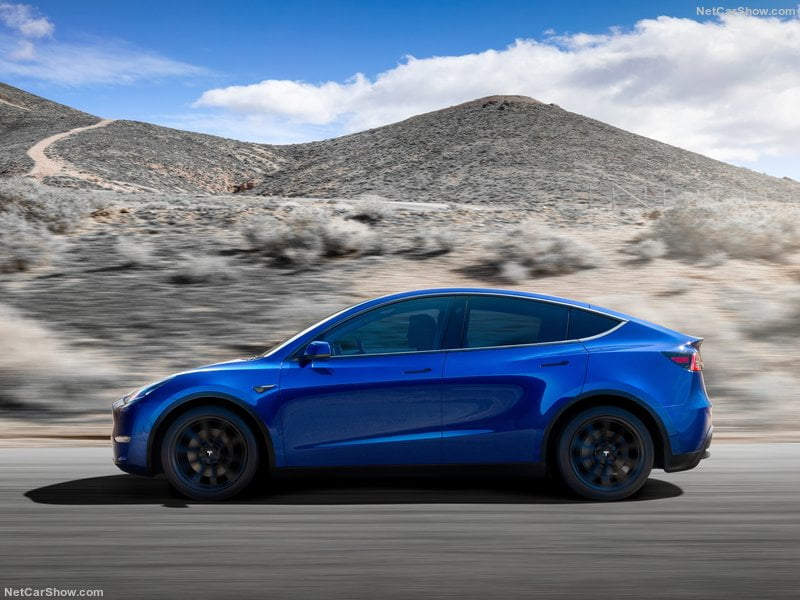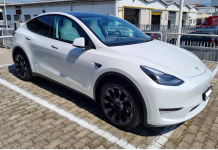Norwegian Auto Market in 2019 was moderately negative. Indeed, Total sales have been 142.363, down 3.8% from the correspondent period last year. Volkswagen kept the lead, while Tesla overtook Toyota, more than doubling the share with the Model3 best-selling model.
Economic Environment
Norwegian economy was flat in the third quarter as a sharp contraction in exports counterbalanced stronger domestic demand, which was supported by rapid gross capital formation growth. Looking to the fourth quarter, the economy is likely picking up steam.
Monthly GDP growth in October hit a 16-month high, propelled by upbeat fixed investment growth; industrial production surged in October as the state-owned Johan Sverdrup oilfield began production; while the contraction in year-on-year merchandise exports eased to a six-month low in November, suggesting the external sector is on the path to recovery. On a less positive note, private consumption growth could struggle in Q4 given higher interest rates and a recent small uptick in the unemployment rate.
Market Trend
Norwegian vehicles market deeply changed in recent years by the decision to boost zero emission vehicles sales and the introduction of a medium terms incentive policy with EV fiscal cost at zero, including VAT and final price for consumers almost equivalent between a traditional combustion and AFVs. The result is the fast replacement of petrol based vehicles with the Hybrid or Electric cars.
The market confirmed the World’s leadership in green vehicle sales, reaching a world-record 60.2% Electric/Hybrid vehicles mix on total market, with this segment grew up 7.6% to 89.012 units. In 2012 this segment was representing only 7%, to grew up at 40.2% in 2016 and 52.2% in the 2017, when for the first time fossil-fuelled vehicles were below 50%. Norway has taken the decision to stop fossil-fuelled vehicles by 2025.
Pushed by the need to renovate the circulating park, the domestic market grew up without a break from 2012 to the 2017 hitting five all time record in a row, before to moderately decline in the 2018 at 149.991.
In 2019 the car market ended negatively. Indeed, according to data released by the Opplysningsrådet for Veitrafikken AS, Total sales have been 142.363, down 3.8% from the correspondent period last year.
The domestic market has totally changed since the start of EVs boom and keep changing year after year when new EVs models arrive. In 2019, the new Tesla 3 and the Audi e-Tron landed respectively in first and fourth place.
Volkswagen was again the leader with market share over 10%, but Tesla was just a few units behind, gaining 4 spots from the previous year by more than doubling its sales. After the record of 17.5% market share established in the 2015, Volkswagen declined at 13.4% in 2018 and in 2019 it ended at 13.3. Toyota‘s record was in 2010 at 13.2% while it ended the 2018 at 9.8%, the lowest share in this decade and is marginally recovering this year.
Tables with sales figures
In the tables below we report sales for all Brands, top 10 Manufacturers Group and top 10 models.










